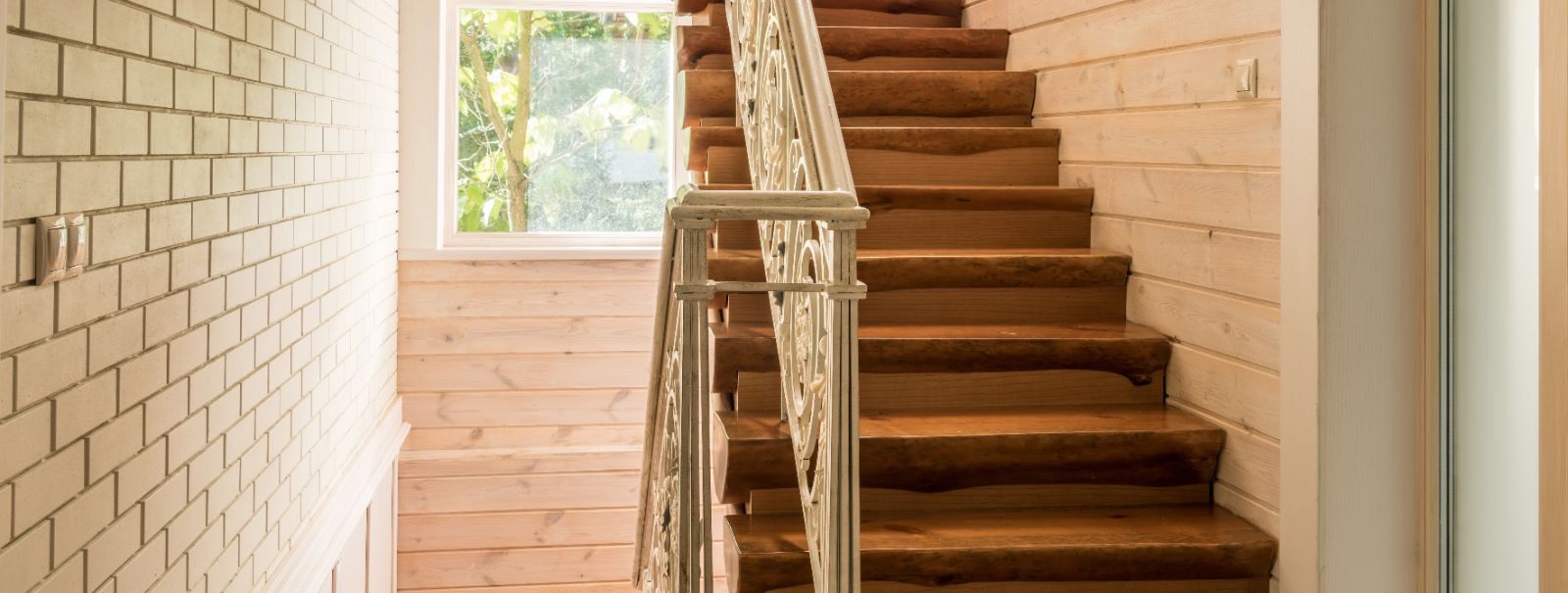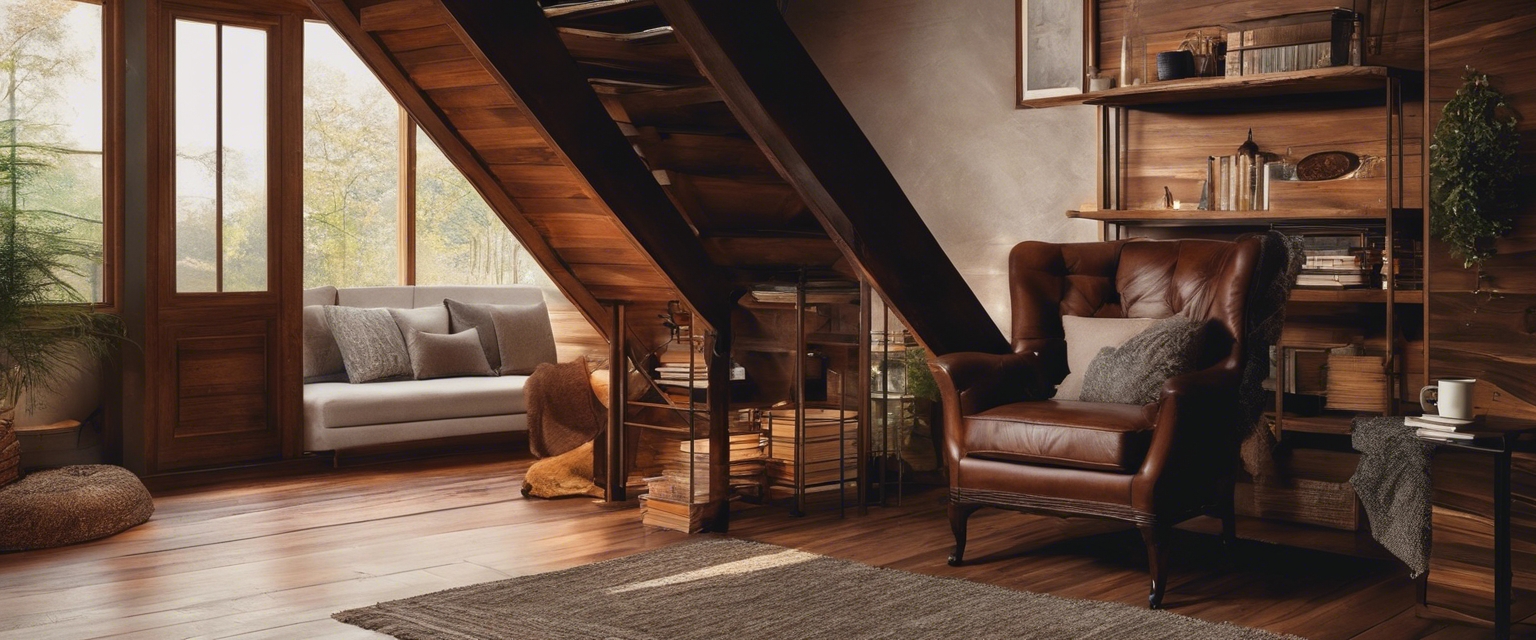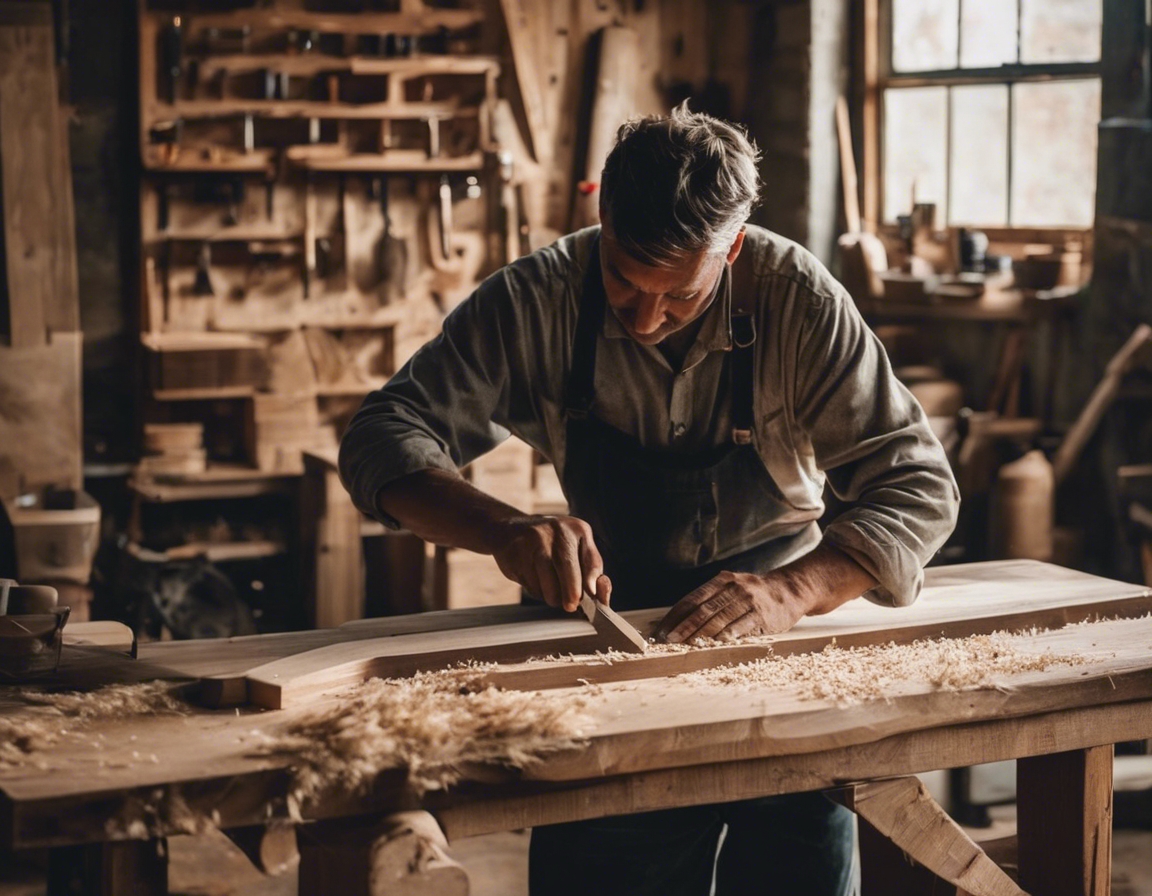The art of custom wooden staircases
Wood has been a fundamental building material throughout history, offering both durability and a warm, natural aesthetic that enriches any living space. Its versatility allows for a range of designs from the traditional to the contemporary, making it a favorite among homeowners and designers alike.
Opting for a custom wooden staircase means choosing a piece that is tailored to your space, style, and needs. Unlike pre-made options, a custom staircase is a unique work of art that can accommodate any design preference and architectural challenge.
Designing Your Wooden Staircase
Designing a staircase begins with an understanding of the available space and the functional requirements of the staircase. It's essential to consider the flow of movement, the integration with the existing structure, and the overall impact on the interior design.
The choice of wood species is crucial in determining the look and longevity of your staircase. Hardwoods such as oak, maple, and walnut are popular for their strength and grain patterns, while softer woods like pine can offer a more cost-effective solution.
Whether you're aiming for a grand, sweeping staircase or a simple, modern design, the style of your staircase should complement the character of your home. Balusters, handrails, and treads can all be customized to create a cohesive look.
The Craftsmanship Behind Wooden Staircases
The creation of a custom wooden staircase is a testament to the skill of the artisan. Each piece is meticulously crafted, ensuring that every detail contributes to the staircase's beauty and functionality.
Traditional woodworking tools and techniques are often employed in crafting wooden staircases, but modern technology also plays a role. Computer-aided design (CAD) and precision machinery ensure that each component fits perfectly.
Installation and Finishing Touches
Before installation, careful planning is required to ensure a seamless process. This includes accurate measurements, consideration of the existing structure, and coordination with other construction processes.
Professional installation is key to the longevity and safety of your staircase. Expert craftsmen will handle the complex task of assembling and securing each element of the staircase.
Finishing touches such as staining, painting, or sealing not only enhance the beauty of the wood but also protect it. Regular maintenance will keep your staircase looking its best for years to come.
Sustainability and Sourcing
More than ever, sustainability is a critical consideration in construction. Eco-friendly practices in the crafting of wooden staircases include the use of non-toxic finishes and recycling of wood offcuts.
Ensuring that wood is sourced responsibly is part of our commitment to sustainability. This means choosing suppliers who adhere to ethical forestry practices and provide high-quality, sustainable materials.






Comments (0)